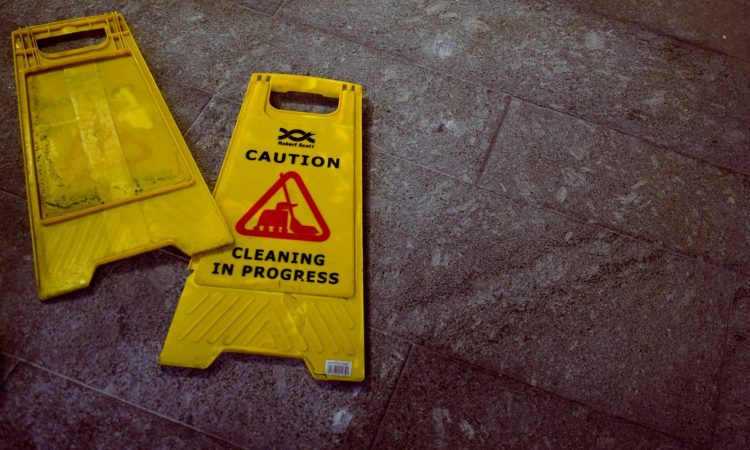
What is “After The Event Insurance” and why do I need it if you take cases on a No Win, No Fee basis?
If you are thinking of making a personal injury or medical negligence claim, your solicitor may recommend that they have you take out “Legal Expenses Insurance”. This protects you from the financial risks directly associated with pursuing a legal case. Without it, if you lose your claim, you could be liable to pay for expenses (called disbursements) such as medical reports, barrister fees, court fees and the legal costs of your opponent.
The most common types of Legal Expenses Insurance are ‘Before the Event’ and ‘After the Event’.
- Before the Event Insurance (BTE Insurance) is a policy purchased prior to any accident or incident. This type of insurance may be attached to a variety of other insurance products that you have purchased such as car, motorcycle, home contents or buildings insurance. If you are a member of a Trade Union or association they may also have a BTE policy which covers you.
- After the Event Insurance (ATE Insurance) is a policy that can be purchased on your behalf after an accident or incident has taken place. This is usually purchased in the absence of suitable BTE cover and is specifically tailored to the type of claim you are pursuing.
What is ATE insurance for?
ATE insurers offer a variety of cover tailored to the specific needs of the client. It typically covers:
- Disbursements referred to above that your solicitor will need to do to prove your claim; and
- liability to pay an opponent’s legal costs in certain situations ie. If the opponent wins or if you fail to beat an opponents ‘Part 36 offer’ to settle your claim prior to trial.
But I thought that’s what “No win, no fee” was for? To ensure I don’t have to pay any costs?
If you enter a no win no fee agreement (also known as a Condition Fee Agreement) then the ‘no win no fee’ applies to your Solicitors costs. If the claim does not succeed, then you will not be responsible for your Solicitors costs. However, there are certain things that will need to be paid whether the claim wins or loses and these are known as disbursements. Disbursements need to be paid in order to run the claim and as stated above these include the cost of medical reports, expert reports, barrister fees, court fees etc.
Conditional Fee Agreements and After the Event Insurance policies work in tandem; protecting you from receiving an invoice for costs or disbursements should your claim be unsuccessful. This combination provides you total protection if your case is lost:
- The Conditional Fee Agreement (No Win, No Fee agreement) means you do not have to pay YOUR solicitor’s basic charges or success fee
- The After the Event Insurance pays YOUR OPPONENT’S legal fees
- The After the Event Insurance pays for all the disbursements incurred while trying to win your claim (including the cost of the ATE insurance)
There are exceptions to the above, such as in the event that fraud or dishonesty is involved.
What does the ATE insurer need to know?
As well as the peace of mind you get from knowing all potential costs are covered, your insurance gives you indirect benefits as well.
An insurer will want to know the risks involved with your case before they issue you an ATE policy. So, by having insurance in place the strength of your case is theoretically externally validated. At Hopkins we must assess the claim as having a 51% or more prospect of success to take the claim on under a no win no fee basis, and also to be able to insure the claim. The insurer will want to know why we have assessed the risks at 51% or above before agreeing to insure the claim.
Why should I take out After the Event Insurance?
There is no legal requirement to have legal expenses insurance to pursue a compensation claim. However, without a suitable BTE or ATE policy you may be exposed to unnecessary financial risk if your claim is unsuccessful.
You do not need to be worried about whether you can afford ATE insurance as the cost of this is deducted from your compensation at the end of the claim if the claim is successful. If the claim is not successful then the ATE policy will pay out for all the necessary disbursements and costs including the cost of the ATE.
Successful case
With a successful claim, the cost of your ATE insurance premium will come out of your damages (compensation award). Therefore, there is no upfront fee to pay towards your ATE insurance policy.
Unsuccessful claim
With an unsuccessful claim, the insurance policy is self-insuring. As the ATE insurance policy is classed as a disbursement, it effectively pays for itself so you will not have to pay anything towards taking out an ATE insurance policy.
Given the low cost and potentially huge savings, we recommend taking out ATE insurance if your legal expenses are not already covered under an existing policy.
If you have suffered an injury because of the negligence of a Third Party then please do not hesitate to contact our Personal Injury Team for a free initial consultation (by phone, video or in-person). We will be happy to go through all the options with you and answer any questions you may have about the ‘no win no fee’ agreement and ATE insurance.
You can ring our Personal Injury and Medical Negligence Team on 01623 468468 or complete the enquiry form below.
A qualified member of our team will be in touch within 24 hours.
Request a CallbackRelated Articles
-

Five common mistakes tenants make when entering into a commercial lease
Entering into a commercial lease is a significant decision for any business. Whether you’re a startup looking for your first…
-

Missed Diagnosis of Cauda Equina Syndrome: A Case for Medical Negligence
Cauda Equina Syndrome (CES) is a severe neurological condition that requires urgent medical intervention. A failure to diagnose and treat…
-

Stay Safe This Half-Term: A Guide to Avoiding Injuries During the Easter School Holidays
With the Easter school holidays just around the corner, families are gearing up for a well-deserved break from the usual…